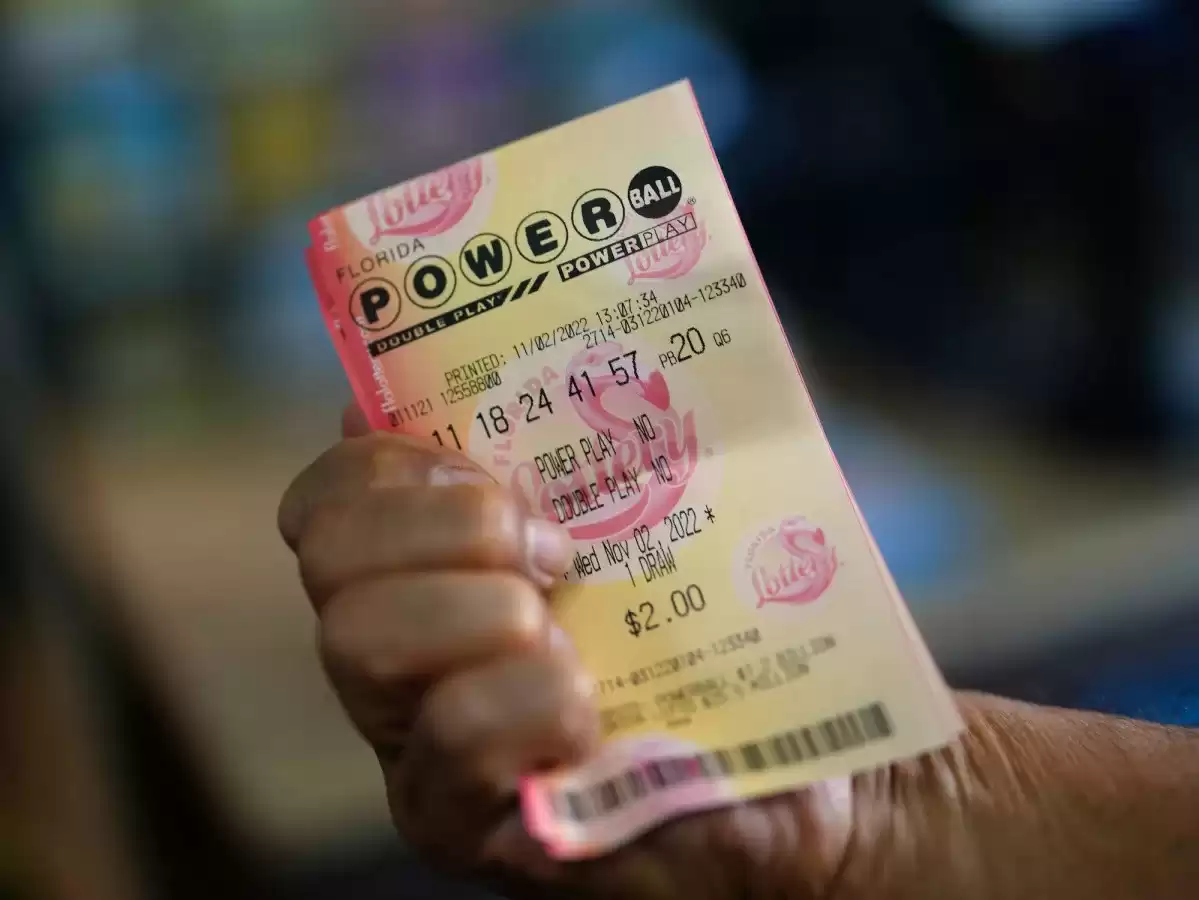Why People Still Believe They Will Win the $725 Million Powerball Jackpot, Despite 1 in 292 Million Odds
Psychologists explain why people think they have a shot at winning, despite near-impossible odds:
Psychologists have delved into the reasons why people continue to believe they have a chance at winning the lottery, even when the odds are stacked against them. Currently, the Powerball jackpot stands at a staggering $725 million after 35 consecutive drawings without a winner. The lump-sum cash value of the prize is estimated at $366.2 million before tax. Despite the slim odds of approximately 1 in 292.2 million, Americans are still drawn to participate in the lottery, spending around $98.1 billion on traditional tickets in 2021, which increases to $105 billion when electronic lottery games are included.
One psychological explanation for this phenomenon is that humans are inherently more optimistic than practical when it comes to gambling. The allure of high earnings outweighs the practicality of the situation, leading individuals to take risks. Instead of preparing for more realistic scenarios, such as the need for medical insurance in old age, the human mind places greater importance on unlikely events like winning the lottery. The uncertainty surrounding the odds of winning also adds to the appeal, as it keeps individuals engaged and hopeful.
Moreover, individuals often fall into the trap of the "gambler's fallacy," believing that they are just one step away from winning, even when they have not been successful in previous attempts. However, economists argue that past results have no influence on future outcomes, and clinging to this fallacy can lead to significant financial losses.
Interestingly, many people who enter the lottery are already aware of the slim odds of winning. They participate despite this knowledge, as the act of entering itself may provide some form of satisfaction or hope. When expectations are disrupted, such as encountering a long line at a convenience store, individuals tend to feel frustrated. However, in the context of the lottery, the relative insignificance of a few dollars spent for a chance at something meaningful makes it more acceptable.
Another psychological aspect at play is the belief that individuals can somehow crack the code or manipulate the outcome in their favor. This illusion of control is particularly prevalent among pathological gamblers who believe that with the right strategy, they can beat the system and win big. However, psychologists emphasize that the lottery is ultimately a game of chance, and while there may be minor strategies to slightly increase the odds, the outcome is largely random.
Furthermore, the human brain struggles to comprehend extremely slim odds, such as 1 in 292 million. Our mental visualization capabilities have not evolved to distinguish between such probabilities and much higher ones, like 1 in 100,000. As a result, it becomes challenging for individuals to grasp the true magnitude of the odds they are facing.
Lastly, individuals are heavily influenced by stories of lottery winners, often overlooking the millions of losers. This bias, known as the "availability bias," leads people to overestimate their own chances of winning based on the few success stories they hear. However, it is important to keep things in perspective. For instance, the likelihood of being killed by fireworks is higher than winning the Powerball's $1.9 billion prize.
In conclusion, the allure of winning the lottery despite near-impossible odds can be attributed to various psychological factors. From the optimism of high earnings to the illusion of control and the difficulty in comprehending slim probabilities, individuals continue to participate in the hopes of striking it rich. However, it is crucial to maintain a realistic perspective and understand that the lottery is ultimately a game of chance.












Comments on Why People Still Believe They Will Win the $725 Million Powerball Jackpot, Despite 1 in 292 Million Odds